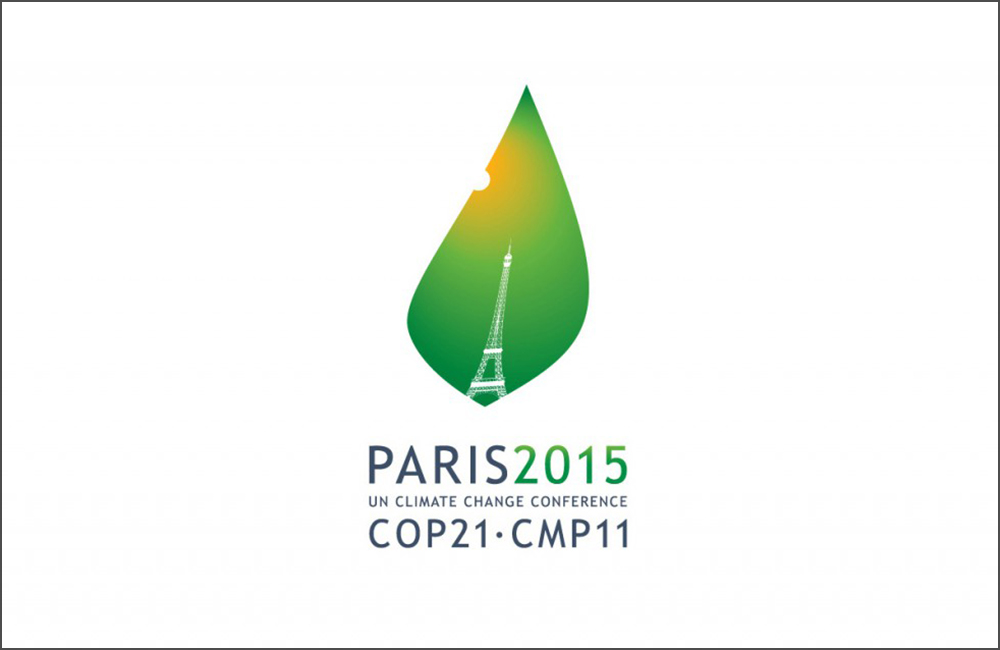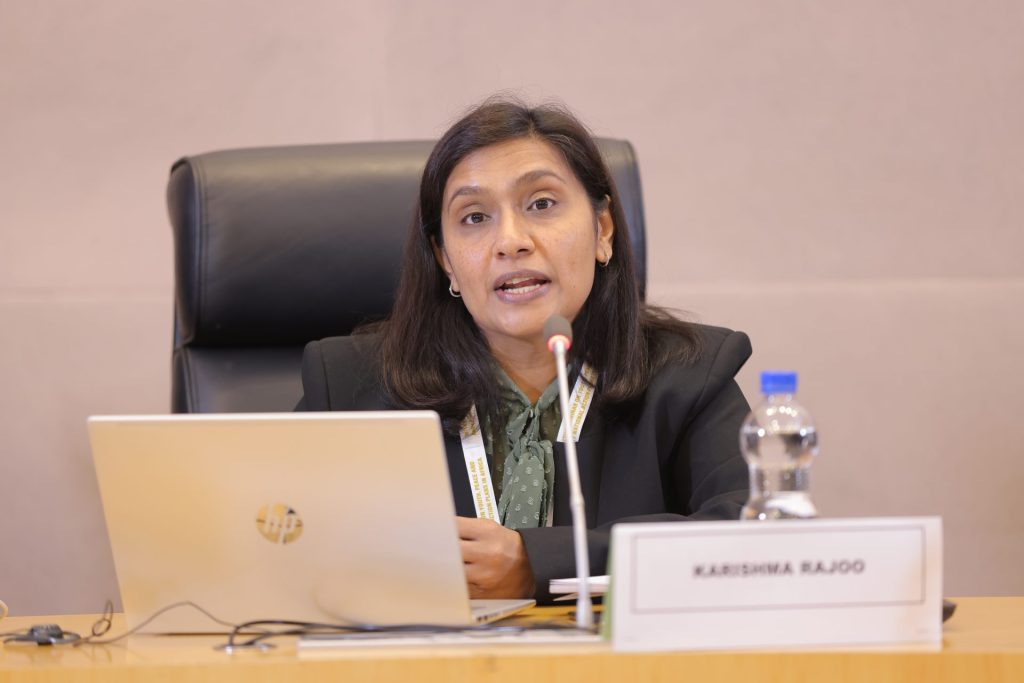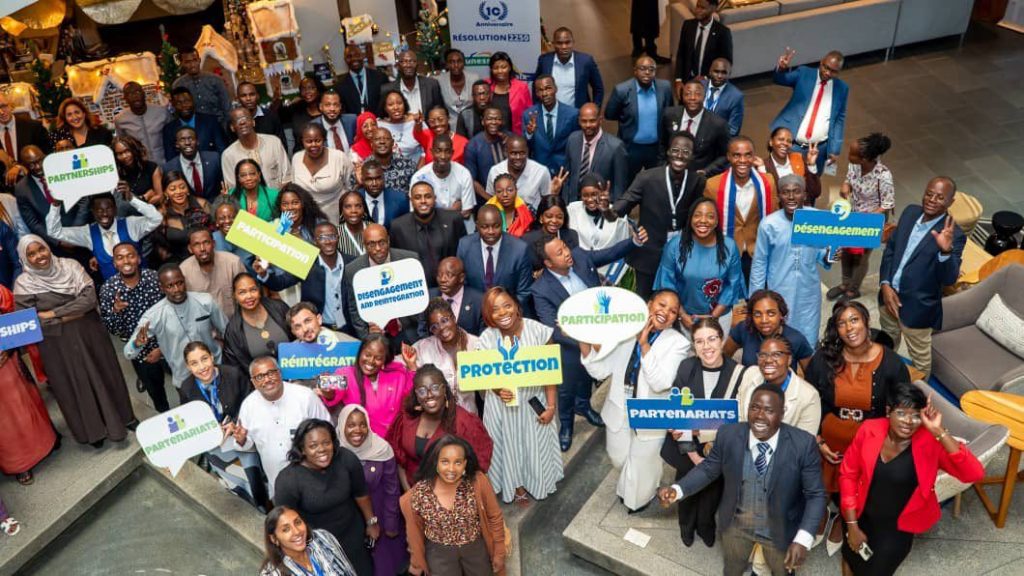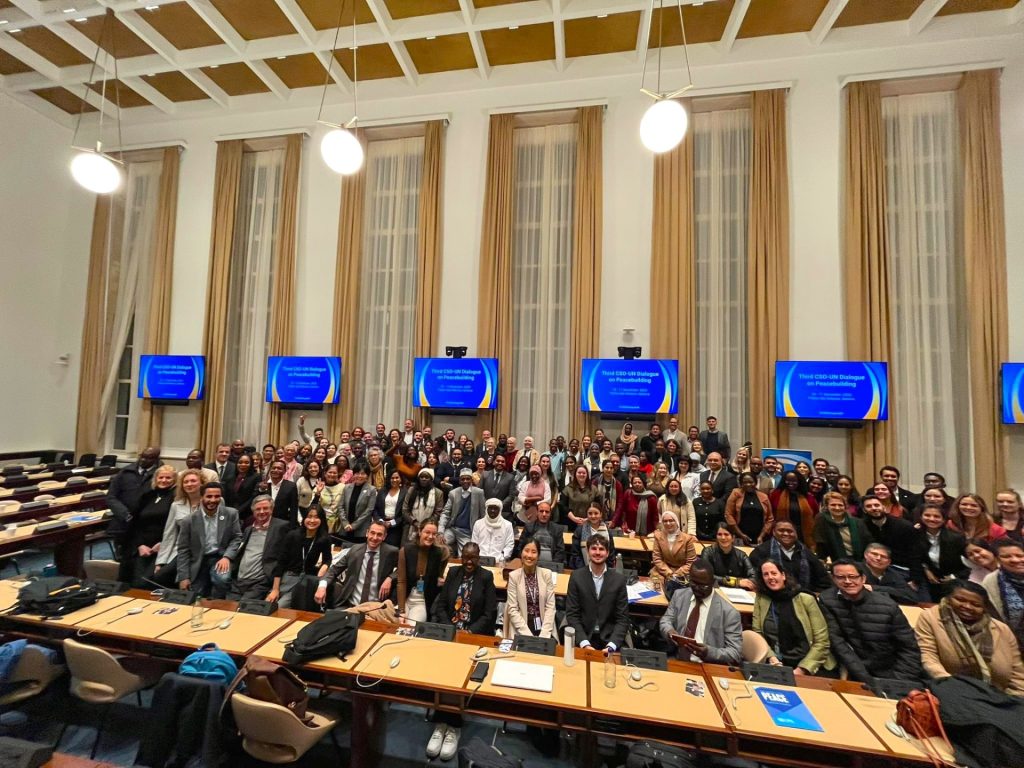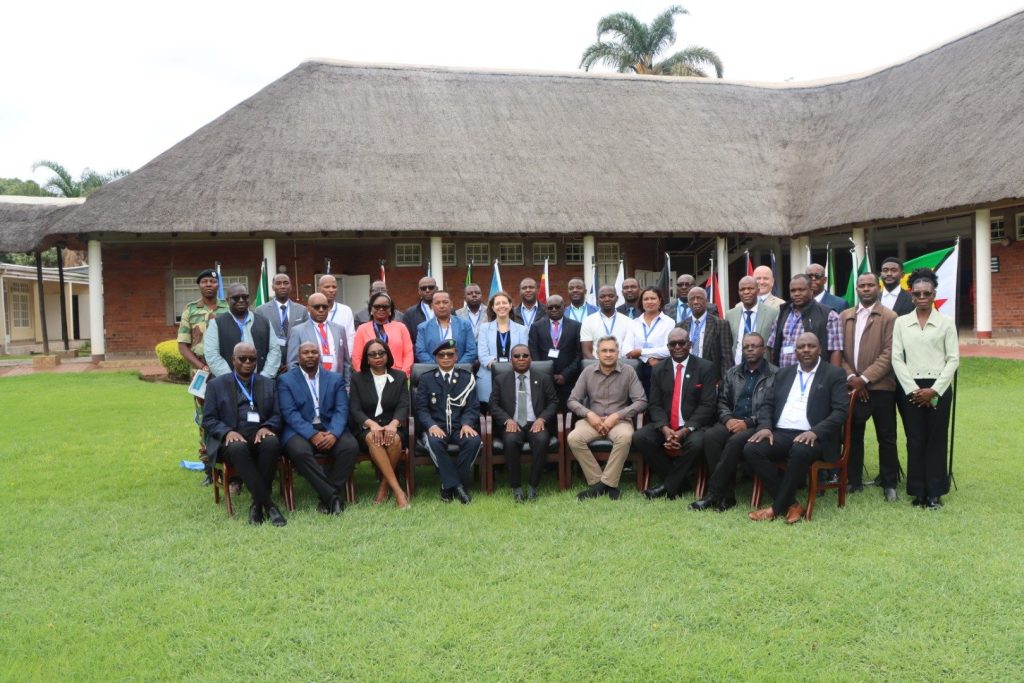Conflicts can be triggered by the impacts of environmental change, and even measures to adapt to climate change need to take the potential for conflict into account. With the 21st Conference of Parties (COP21) or Paris Climate Conference underway, the work undertaken by the African Centre for the Constructive Resolution of Disputes (ACCORD) underscores the need for outcomes in Paris that take climate related conflict prevention and resolution into account, is of relevance.
The momentum has been growing for decades. The Rio Earth Summit, held in 1992, adopted the UN Framework on Climate Change (UNFCCC). This included a framework for bringing greenhouse gases under control. The annual meeting of parties to the convention is called a “Conference of Parties” and its goal is to review the Convention’s implementation. The Convention currently has 195 parties as members, and more than 183 countries, comprising the great majority of global emissions, have in advance of the Paris conference submitted Intended Nationally Determined Contributions to the UN, which are voluntary agreements targeting emission reductions. The 30 November to 11 December 2015 Paris Conference could stand as a defining moment in the global efforts, led by the United Nations, to address climate change. For the first time efforts will focus on securing a legally binding and universal agreement, to keep global warming below 2°C. Warming beyond this mark is calculated to be disastrous.
ACCORD’s work over a number of years, evidenced by the range of publications noted below, emphasises the impact of climate and climate change with regard to conflict.
As far back as 2000, ACCORD published a monograph, looking at the potential for natural resource conflict, in this case over water, entitled “Water Wars, Enduring Myth or Impending Reality.” In 2009 ACCORD undertook field work in Burundi, the Democratic Republic of the Congo and Sudan, gathering views and perspective on the role that natural resources can play in complex conflict situations. The research was published as a report the same year, entitled: “Natural Resources, the Environment and Conflict“. In 2011, in preparation for COP17, a Policy and Practice Brief by ACCORD’s Knowledge Production Department focused on “Climate Change and Conflict: Conflict-Sensitive Climate Change Adaptation in Africa“. The Brief was written in preparation for COP17 and reported on a two day seminar held by ACCORD where practitioners and scientists presented new research on the linkages between climate change and conflict in Africa, and analysed various tools, policies and approaches to ensure that conflicts arising from climate change are addressed and climate change adaptation measures are conflict-sensitive.
In 2011 ACCORD further dedicated an edition of its flagship magazine, Conflict Trends, to examining linkages between the Environment, Climate Change and Conflict. The publication touched on how such conflict could happen, what dynamics are at play and whether there are lessons from existing environmental conflicts that could be applied now and in the future to deal with such challenges, noting that climate change will, at the very least, increase existing stressors and magnify current socio-economic and political factors that could trigger and exacerbate conflict.
Most recently, in 2014, ACCORD, in cooperation with adelphi, a leading German think tank specialising in climate, environment and development, published an edited volume, entitled Conflict-Sensitive Climate Change Adaptation in Africa, focusing on conflict-sensitivity in climate change adaptation strategies and practices in Africa. The volume brought together the voices of academics, practitioners and policymakers from across Africa and the globe. Key questions that frame the contributions to the volume are – how do climate change and/or climate adaptation projects cause or contribute to conflicts, and how can adaptation measures be conflict-sensitive? The volume provides compelling analyses and recommendations for the development of conflict-sensitive adaptation tools and policies.
With the Paris Conference seen as key departure point for progress on climate change gaols and adaptation, the Editorial by Vasu Gounden, ACCORD’s Founder and Executive Director in the Conflict Trends issue noted above is of relevance – where he stated that academics, practitioners and policy makers in conflict resolution should not only focus on human responsibility for climate change but, more importantly, on the implications of the environment and climate change for human security and conflict. Our focus should be on providing new knowledge and updated analyses, new policies and practical tools for conflict-sensitive climate change adaptation.

